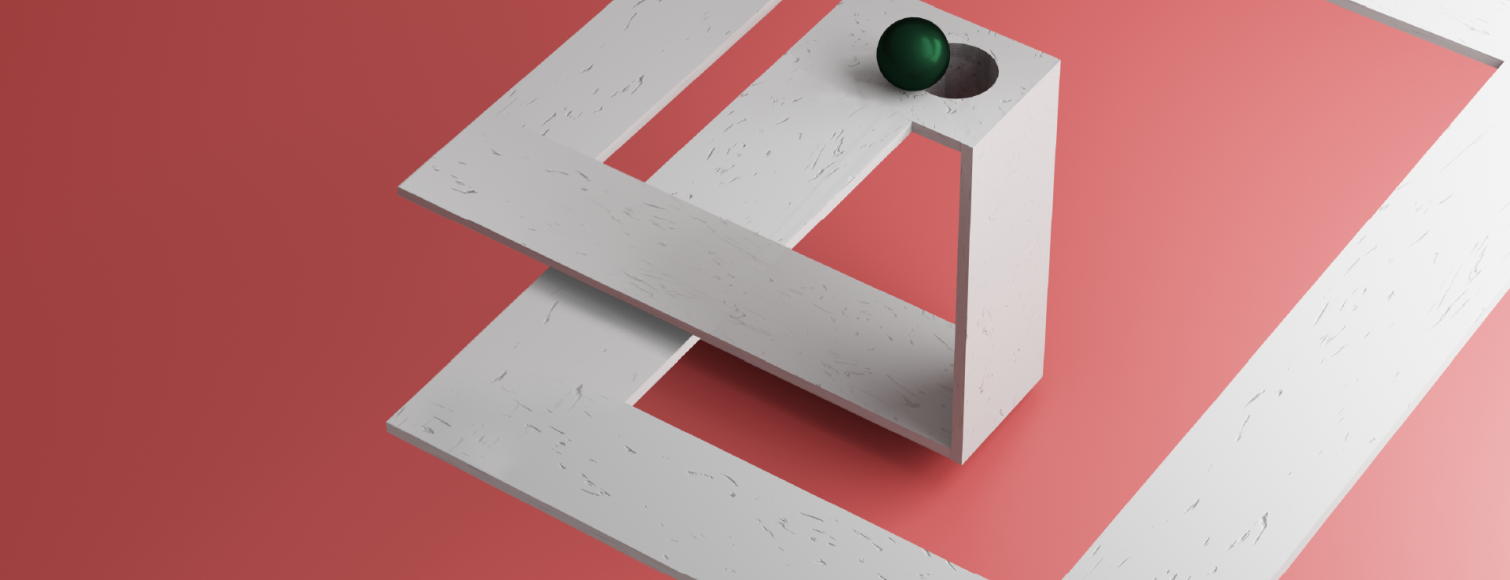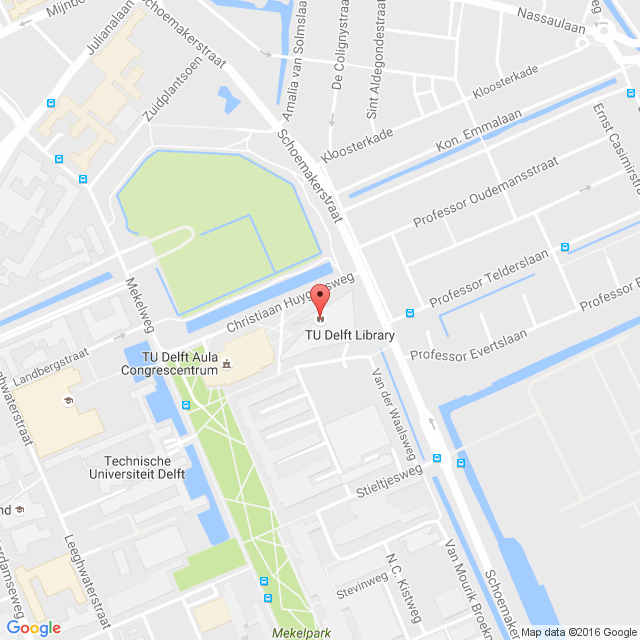Recording: Prometheus’ Problems | Neurotypical or Neurodiverse?
Registration (free) required on Eventbrite.
Livestream available on our YouTube Channel.
Prometheus’ Problems
Think and drink at this philosophical café!
At Prometheus’ Problems, students, teachers and external experts exchange thoughts about philosophical and ethical themes related to engineering, modern technology and its impact on society. Importantly, the themes are based on questions put forward by students themselves. For this special edition during the first TU Delft Diversity Week, we have teamed up with the Diversity Office to bring you a panel discussion on neurodiversity in a comfortable setting, with a drink at hand.
The second philosophical café focuses upon moral questions related to ‘neurodiversity’, a term that refers to the variety that exists in the ways our brains work. We invited three speakers, who all have their own expertise on this topic and may even be called ‘neurodivergent’ themselves: Caroline Bollen (TUDelft), Tess Tegelberg (alumnus TUDelft) and Kamiel Feiertag (freelance philosopher). Each will give a presentation, after which there will be a debate. The public is invited to ask questions and actively participate. The discussion will be moderated by Dr. Samantha Copeland from the section Ethics/Philosophy of Technology of TU Delft.
Neurotypical or Neurodiverse?
There are various ways in which we perceive and process stimuli, and as a result, in how we interpret and relate to the world. Every brain is unique, but when one’s cognitive processes diverge from the “norm” to an extent that one encompasses difficulties (in a world that not accommodates this diversity), we speak of ‘neurodivergence’. Think, for example, of autism or ADHD. When it comes to diversity and technology, this domain is often overlooked. Technology has the potential to enforce “neurotypical norms”, or facilitate and support neurodiversity. Therefore, we will think about this topic together with three neurodivergent speakers: Caroline Bollen, Tess Tegelberg and Kamiel Feiertag.
Caroline Bollen is a PhD candidate at the Ethics and Philosophy section of the TUDelft, and works on a project on Empathy and Autism in the light of current developments in alternative and augmentative communication (AAC) technology.
It is very hard to realise that someone might experience sensations, movements, activities and situations completely different from you. There is a tendency to implicitly and mistakenly assume everyone to be the same in this regard, or perhaps go even further, desiring everyone to be the same. When considering diversity and inclusivity, neurodiversity is often overlooked. In my talk I will introduce the concept of neurodiversity and what it means to be neurodivergent, and, using the example of research on autism and empathy, discuss why it is essential to reflect upon in science and engineering.
Tess Tegelberg is TUDelft alumnus who has an MA in Architecture. At the beginning of her masters’ degree she found out that she is neurodivergent. She wrote her MA thesis on neurodivergence and the built environment for which she won the ECIO Frank Award.
The difference between neurodivergent and neurotypical people lies in a diagnosis. A diagnosis is sought by people who have found great difficulty in something, like not being able to concentrate, but that does not mean that people who have not sought this diagnosis are always able to focus perfectly. During my thesis I have tried to see what we can learn from neurodiverse people, such as people with Autism Spectrum Disorder and Attention Deficit Disorder, for the design of the built environment. My assumption is that neurodivergent people have less tolerance for certain impulses, and we can therefore be alerted to these impulses and alter them to design better environments for everyone.
Kamiel Feiertag is a mostly normal human being who is an expert at having ADHD. Professionally he is a creative producer and business assistant with a background in philosophy (i.e. someone who has ideas and tries to understand how to develop them). Feiertag will talk about what it’s like to have ADHD, in a world that is designed around quantifiable ideas of performance, why we are thinking more and more ‘technological’, and the merits of having a chaotic brain.
This session is organised by Studium Generale for the TU Delft Diversity & Inclusion Week 2021.


